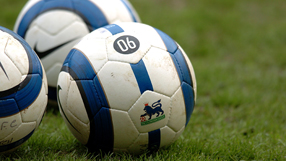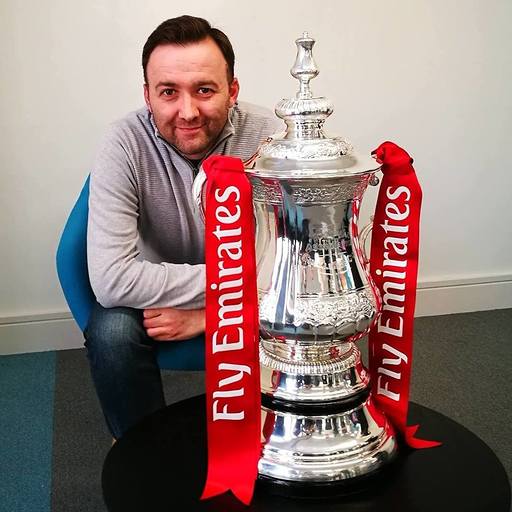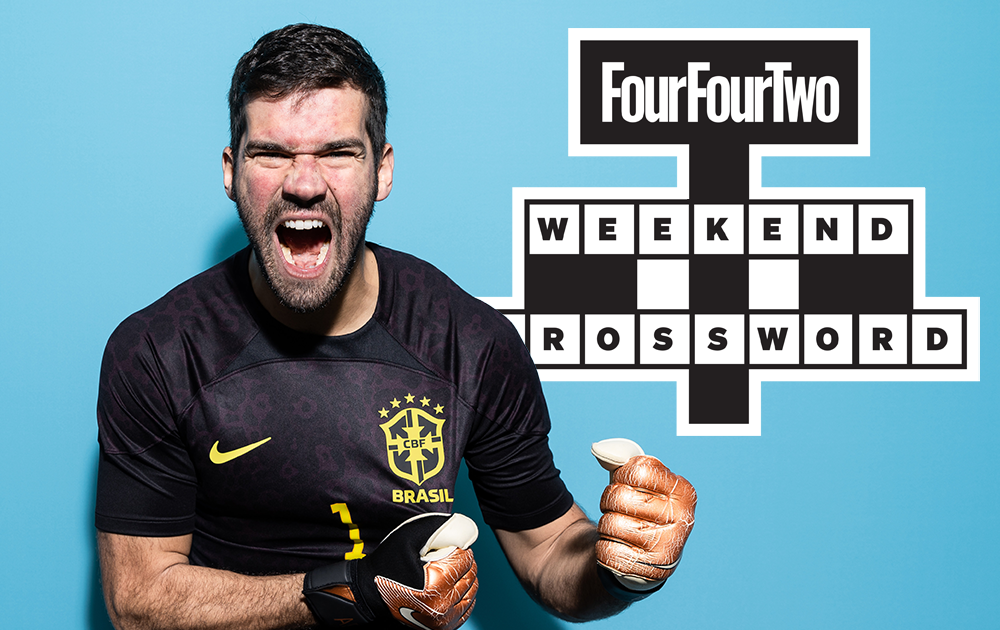European clubs remain resilient in recession
As the global economy starts to show signs of recovery, top European football clubs have again demonstrated their ability to withstand the tough market conditions by achieving strong attendances at the start of the 2009/10 football season, according to research from the Sports Business Group at Deloitte. Average attendance at the first two rounds of matches in the 2009/10 UEFA Champions League was 37,400 - 5 percent higher than the previous season.

In 2008/09 the Premier League recorded capacity utilisation of over 90 percent for the 16th consecutive season and this run will be extended once again, if the 91 percent utilisation for matches up to the end of September 2009 continues.
Dan Jones, Partner in the Sports Business Group at Deloitte, commented: "When the economic downturn hit, we expressed cautious optimism for football clubs that the strong and loyal supporter base and the security of long term broadcast and commercial deals would provide some degree of buffer against the worst effects of recession.
"Clubs were acutely aware that the real effects would start to be felt in the 2009/10 season, and the strong attendances achieved at the start of the season will provide a welcome degree of comfort."
This season, in response to the challenges posed by the market, over 75 percent of Premier League clubs introduced season ticket price freezes or reductions.
Early indications of attendances holding strong are an affirmation of this being a positive strategic decision.
Blackburn Rovers and Manchester City both achieved increases in attendance of over 10 percent, for the first 6 weeks of the 2009/10 season.
Arsenal recently released strong financial results for the 2008/09 season, which showed the club generated over £100m from matchday revenue.
This is in line with Manchester United's record matchday revenue in 2007/08 and represents an increase of 6 percent on the previous season, mainly as a result of Arsenal's progress to the Champions League and FA Cup semi-finals.
For the leading clubs, UEFA Champions League participation continues to be a key driver of total revenue.
All four English clubs (Arsenal, Chelsea, Liverpool and Manchester United) achieved full capacity attendances in their first home match of the 2009/10 competition.
However, the main differentiator comes from UEFA's central distributions, with the teams likely to receive anything from 25-50million euros from the enhanced central UEFA pool for their performance in the competition in 2009/10.
Aside from gate revenues, it is a challenge for clubs to secure new commercial deals at a time when businesses are facing tough decisions, particularly around discretionary advertising and marketing spend.
Nonetheless, a number of new deals have been struck since the UK entered recession in January 2009.
Some of football's leading clubs have scored some stunning successes.
Liverpool's deal with Standard Chartered more than doubled their previous shirt sponsorship value to catch up with arch rivals Manchester United.
United increased their own shirtfront value as they switched insurers from AIG to AON.
The best features, fun and footballing quizzes, straight to your inbox every week.
Dan Jones added: "We are seeing a flight to quality whereby the largest clubs perform well but for smaller clubs the challenges are greater.
"This fear of polarisation is eased by the distribution mechanism of Premier League broadcast monies. This money, and its proven resistance to recession, helps to level the playing field across the Premier League clubs."
In February 2009, the Premier League announced a 4 percent increase in the value of its domestic broadcast rights, for the three year period through to 2012/13.
At BSkyB, subscription numbers and revenues per user are up suggesting that 'intertainment' in challenging times is a boost to performance.
The demand
Gregg Davies is the Chief Sub Editor of FourFourTwo magazine, joining the team in January 2008 and spending seven years working on the website. He supports non-league behemoths Hereford and commentates on Bulls matches for Radio Hereford FC. His passions include chocolate hobnobs and attempting to shoehorn Ronnie Radford into any office conversation.
 Join The Club
Join The Club






